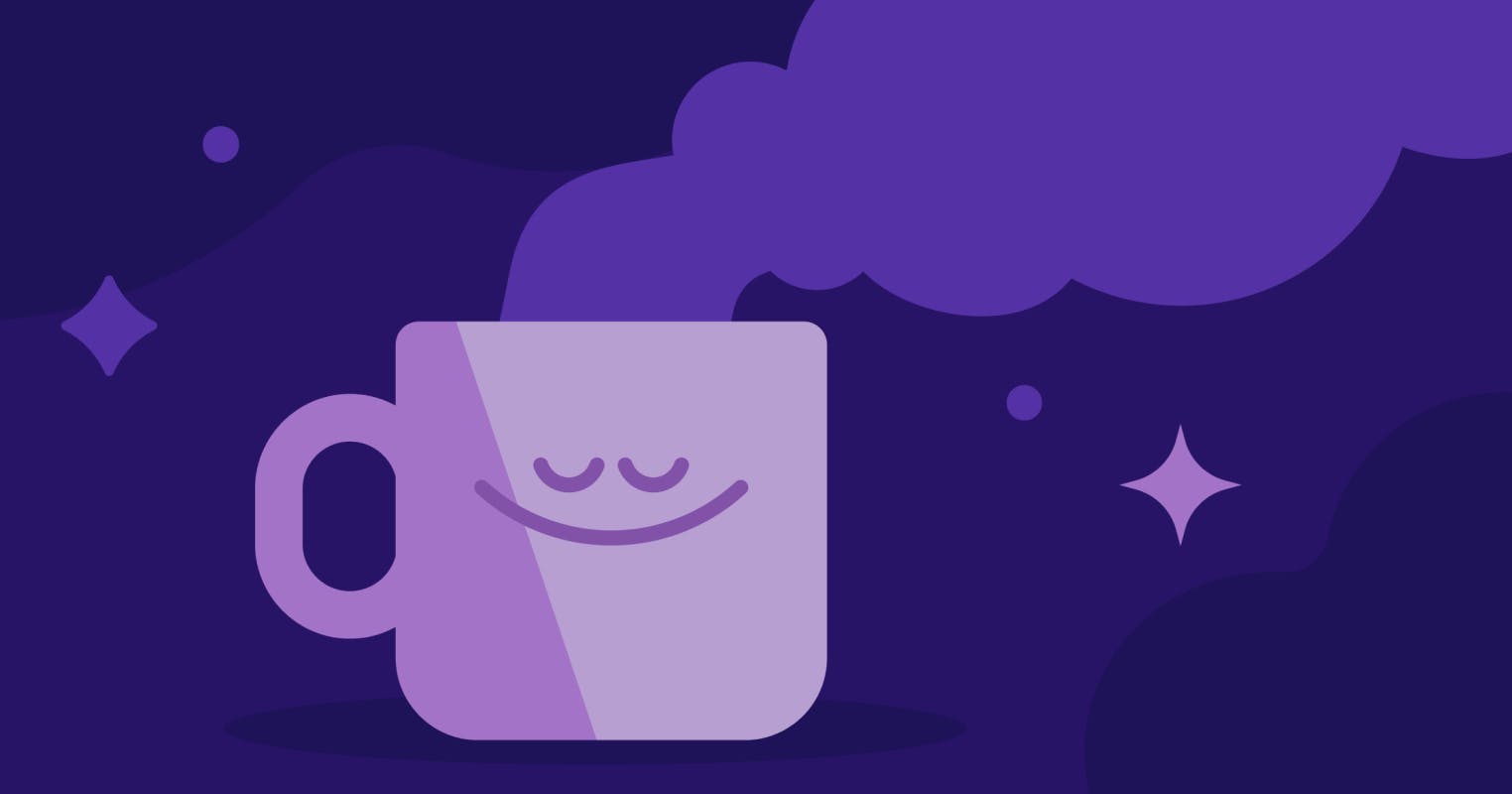How to wake up easier
By Your Headspace Mindfulness & Meditation Experts
Mar 18, 2021
Morning comes, the alarm goes off, and it’s time to wake up. For some people, mornings are glorious. But what if you’re not a morning person?
Dragging yourself out of bed can be difficult, especially if you struggle with sleeplessness and don’t feel refreshed. According to research, 90% of adolescents have difficulty waking up in the morning. Other research shows while more of us become morning people as we age, many adults struggle to wake up, too.
To learn how to wake up better, it’s important to know how to sleep better. Creating healthy habits and routines for before bed — a good sleep hygiene — can help you wake up feeling fresh and crisp. So if you’re wanting to start the day right, the following tips might prove helpful.
Ready to get better sleep?
Start your free trial
What happens when we wake up?
The body prepares to wake up in the hour or so before you awaken — your body temperature begins to rise, and blood pressure increases. Serotonin and cortisol flood the brain, and the neurons and activity start firing.
When waking naturally, sleep usually ends during a non-rapid-eye-movement (NREM) period of sleep, also known as light sleep. If using an alarm, which can go off during periods of deeper sleep, you might find that you wake up feeling groggy, especially if your bedtime and wake-up times vary day to day.
Per research, no one pops out of bed immediately ready to start the day, even if waking during light sleep. Everyone goes through a transition from being asleep to being awake, called “sleep inertia” — marked by reduced vigilance, impaired performance, and a desire to go back to sleep. For some, it lasts minutes; for others. Usually, it lasts less than 30 minutes, unless you’re chronically sleep-deprived.
How much sleep inertia you feel depends on your circadian rhythm and sleep habits.
Your circadian rhythm is your internal body clock, which is tuned to a 24-hour cycle, and research suggests those clocks can have natural preferences for day or night that show up in our DNA. Some people are predisposed to early wake-ups, whereas others naturally sleep later.
If you’re a natural night owl, there are a few things you can do to wake up with positivity and calmness. None of them include immediately checking work emails or scrolling social media from bed.

How to wake yourself up: the ideal morning wake-up routine
The right routine can help you wake up refreshed and ready to start your day. Taking some time to invest in yourself and your needs lets you remind yourself that you are worth focus and attention. Studies show that your morning expectations of how stressful (or not) your day will be, end up impacting how you experience and internalize what happens that day. So being intentional and positive about how you wake up can ground you in calmness all day.
Try these science-backed tips on how to wake yourself up in the morning:
1. Keep your wake-up time as consistent as possible.
If you wake up some days at 6 am, others at 8 am, and still others at 11 am, you’re confusing your circadian rhythm. While some people plan to let themselves sleep as late as possible on weekends, that can actually be counterintuitive, throwing off your body clock even more. Make it your goal to wake up within the same 15-minute window every day, and try not to hit the snooze button. If you drift back into sleep, your next alarm may awaken you in a new sleep cycle and make it even harder to get up.
2. Let there be light.
Studies show that exposure to bright, white light in the morning can increase alertness. Sunlight is great, simply open your bedroom curtains — but bright inside lights work, too, if you have to get up before the sun.
3. Meditate.
Starting your day with a daily wake-up meditation can help set the stage for a successful day. By cultivating your peace of mind before jumping into your day, you can put yourself in the best position to treat yourself and others with kindness, even as stress, pressure, or obligations make themselves known.
Morning meditation to wake up
If you make a green smoothie for breakfast or work out before you start your day, you already have a morning routine for your physical health. Adding in a 3- or 5-minute morning meditation can help you take care of your mental health, too. Meditation has been shown to reduce anxiety, improve attention span, and increase positive feelings.
You can fit it in wherever and however works for you. Listen to a guided meditation in bed, do a morning mindfulness session as your coffee brews, or meditate on your commute (as long as you’re not driving).
Starting your morning with meditation lets you go about your day rooted in a sense of calmness, in body and mind.
As your day unfolds with all its demands — taking care of your family, putting out fires at work, getting to where you need to be on time — you can return to that sense of calm. By exercising your brain and strengthening your higher-level thinking skills through meditation, you can better control your reactions to stressful or unexpected situations.
Try these tips to get the most of your meditation:
1. Find time.
Wake up 5 or 10 minutes earlier than usual or plan to cut out part of your normal routine — like by laying your clothes out the night before, pre-setting your coffee maker, or listening to your daily podcast at lunchtime instead — to make time for a morning meditation.
2. Get comfortable.
If you want to meditate from bed, we suggest you sit upright to avoid drifting back to sleep. You could also try a comfortable chair or a spot on the floor. It may also help to set up your meditation spot, which could be as simple as a pillow placed against the wall the night before, to motivate you to head there as soon as you wake up. You’ll know what feels right for you.
3. Choose the type of meditation that works for you.
Whether you prefer an unguided or a guided meditation, sitting with the mind helps to calm the mind. You can even try a walking meditation to combine the benefits of mindfulness and movement. Headspace’s straightforward 10-day beginner’s course (available only to Headspace subscribers) is a good way to start building the foundation of a grounding meditation practice.
How to wake up easier? Make bedtime easier
The best-laid wake up plans can’t do much if you didn’t get any sleep the night before.
To sleep better, give yourself time to wind down before heading to bed. You can listen to soothing music, turn off your devices, get lost in a book or doze off to a Headspace sleepcast (available only to Headspace subscribers). If you find yourself waking up at night, try our science-backed recommendations for falling back asleep.


Sleep made simple
- Find your perfect bedtime routine with hours of relaxing music, sounds, and stories to choose from
- Get more restful sleep with our Sleep Health course: exercises developed with leading sleep scientists
- Feel your best from morning to bedtime with access to hundreds of stress-relieving meditations


Stay in the loop
Be the first to get updates on our latest content, special offers, and new features.
By signing up, you’re agreeing to receive marketing emails from Headspace. You can unsubscribe at any time. For more details, check out our Privacy Policy.
- © 2025 Headspace Inc.
- Terms & conditions
- Privacy policy
- Consumer Health Data
- Your privacy choices
- CA Privacy Notice







